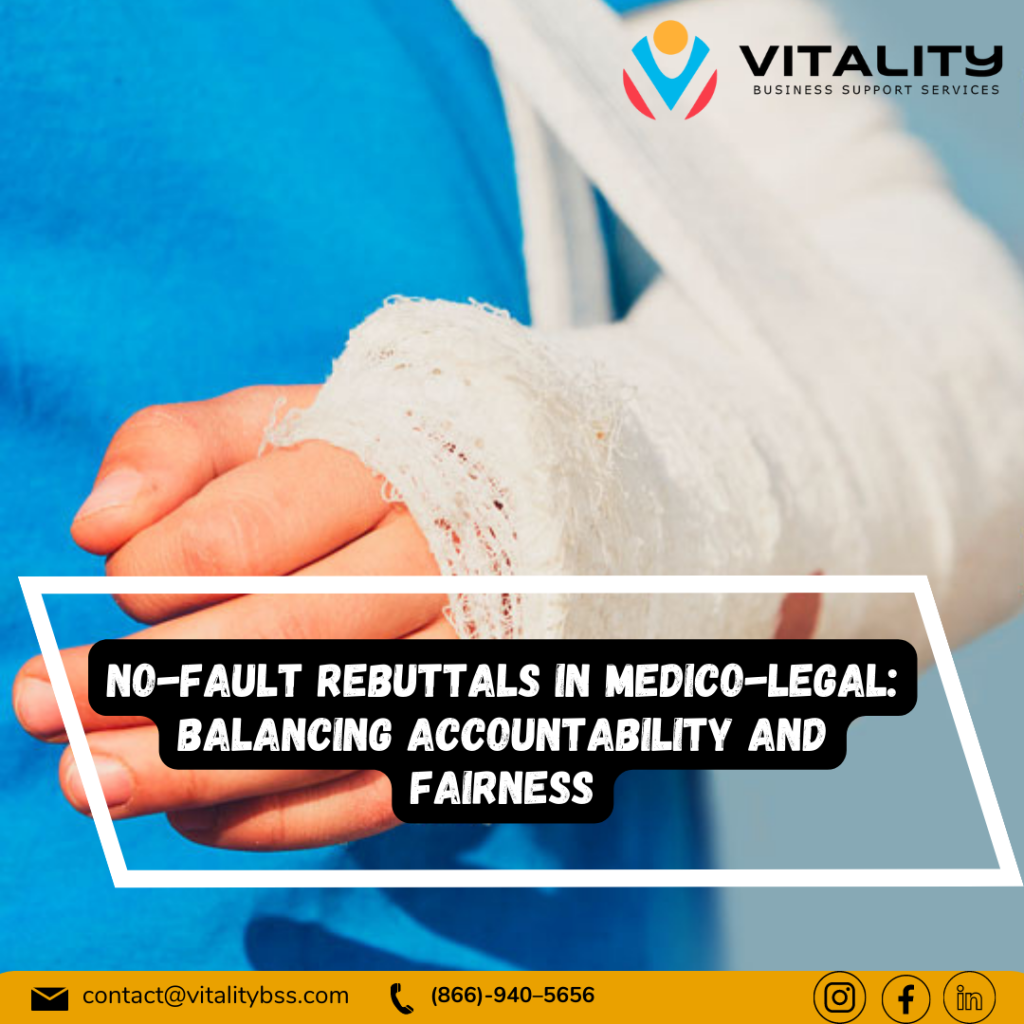Introduction.
In the fast-paced world of healthcare, managing medical records efficiently is crucial for both patients and healthcare providers. The transition from traditional paper records to digital formats has made it easier to access and store medical information. However, it has also led to a new challenge – organizing and safeguarding vast amounts of electronic medical data. To tackle this issue, medical record organizers have emerged as essential tools. In this comprehensive guide, we will explore the importance of medical record organizers and how to choose the best one for your needs.
Section 1: Understanding the Importance of a Medical Record Organizer.
1.1 Streamlined Data Access.
Medical record organizers centralize patient data, allowing easy access to medical histories, treatment plans, test results, and other essential information. This accessibility is vital in emergency situations when healthcare professionals need quick access to accurate data to make informed decisions.
1.2 Enhanced Patient Care.
With organized medical records, healthcare providers can deliver better patient care. A comprehensive overview of a patient’s medical history helps physicians identify patterns, assess progress, and make tailored treatment recommendations.
1.3 Data Security and Compliance.
Medical data is highly sensitive, and maintaining patient privacy is a legal and ethical obligation. A robust medical record organizer includes security features to protect patient information and complies with healthcare data regulations like HIPAA (Health Insurance Portability and Accountability Act).
Section 2: Features to Look for in a Medical Record Organizer.
2.1 User-Friendly Interface.
Look for an organizer with an intuitive interface that facilitates easy navigation and retrieval of medical data. A user-friendly design ensures that healthcare professionals and administrative staff can quickly adapt to the system.
2.2 Customizable Templates.
A great medical record organizer offers customizable templates for various medical specialties, allowing healthcare providers to create records tailored to their specific needs. This flexibility ensures that the organizer can adapt to different medical practices seamlessly.
2.3 Interoperability.
The ideal medical record organizer should have the capability to integrate with other healthcare software systems, such as Electronic Health Records (EHR) and Practice Management Software (PMS). This interoperability streamlines workflows and reduces redundant data entry.
2.4 Cloud-Based Storage.
Cloud-based medical record organizers offer several advantages, including accessibility from any location with an internet connection, automatic backups, and improved scalability. Cloud storage also ensures data continuity even in case of hardware failures.
2.5 Data Encryption and Security.
The security of patient data is of utmost importance. Ensure the organizer uses robust encryption methods to protect data during storage and transmission. Additionally, features like access controls, user authentication, and audit trails further strengthen the system’s security.
2.6 Mobile App Capability.
With the increasing reliance on mobile devices, having a medical record organizer with a dedicated mobile app can significantly enhance productivity. Healthcare professionals can access patient information on the go, making it convenient and efficient.
Section 3: Choosing the Right Medical Record Organizer.
3.1 Assess Your Needs.
Start by evaluating your medical practice’s requirements. Consider the number of healthcare professionals who will access the system, the volume of patients, and the specific features necessary for your specialty.
3.2 Read User Reviews and Testimonials.
Research online reviews and testimonials from other healthcare providers who have used the medical record organizer you are considering. Insights from current users can give you valuable information about the system’s strengths and weaknesses.
3.3 Request Demos and Trials.
Ask for demonstrations or free trials of the shortlisted medical record organizers. Hands-on experience will help you determine how well the system fits into your workflow and if it meets your expectations.
3.4 Check Integration Capabilities.
Ensure that the medical record organizer can integrate seamlessly with your existing EHR or PMS. Compatibility with other software systems will prevent data silos and save time on manual data entry.
3.5 Verify Security Measures.
Prioritize the security features offered by the organizer. Check if the vendor complies with healthcare data protection regulations and undergoes regular security audits.
Conclusion.
In conclusion, a reliable medical record organizer is a game-changer for modern healthcare practices. It streamlines data access, improves patient care, and ensures the security and compliance of sensitive medical information. By understanding the essential features to look for and thoroughly evaluating available options, healthcare providers can find the perfect medical record organizer that best suits their needs. So, don’t wait any longer – take the first step toward revolutionizing your medical data management today!





